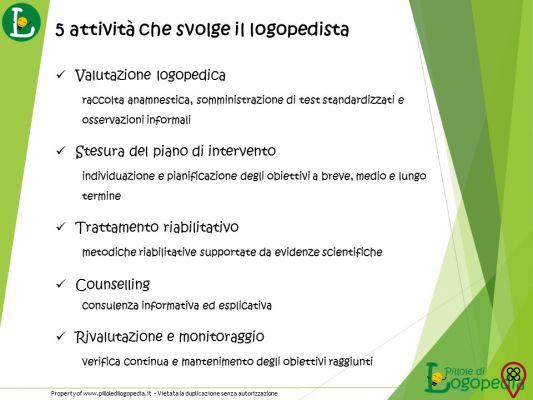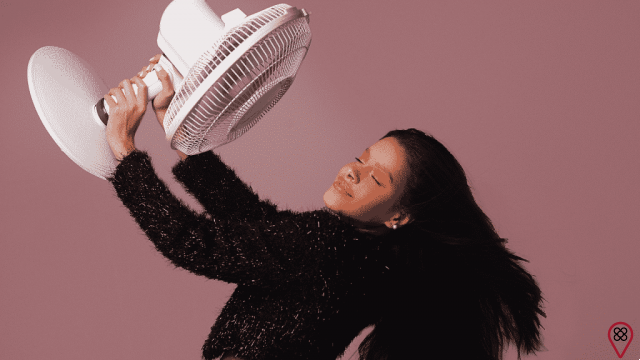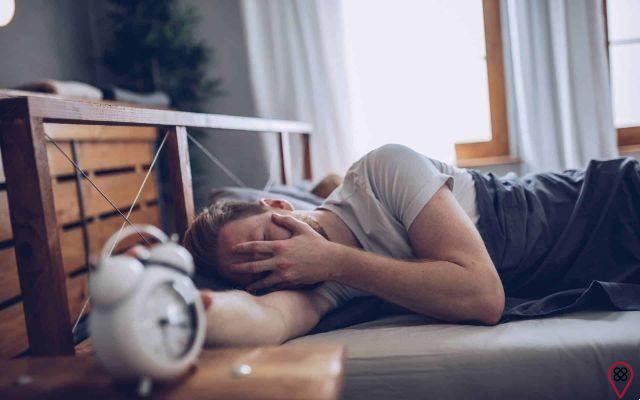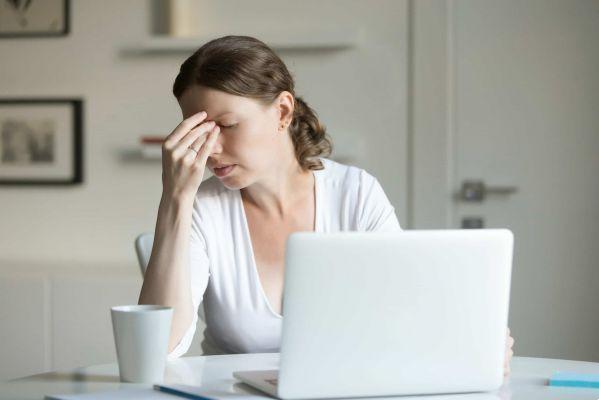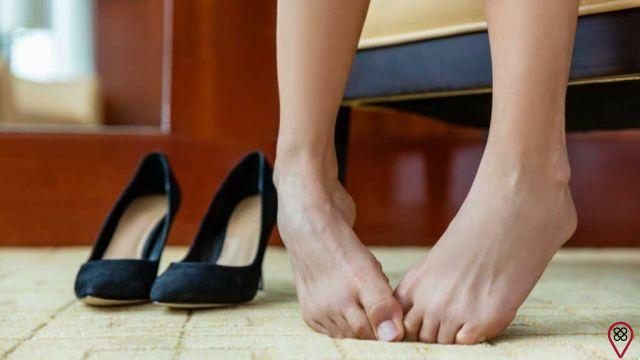Even before menstruation, many girls complain of discomfort when going to the bathroom. In some cases it is constipation and fluid retention; in others, even diarrhea. This discomfort is due to the release of prostaglandin, a hormone produced at the beginning of the menstrual period, which has as one of its functions the contraction of the uterus so that the blood is eliminated. In this process, the dreaded menstrual cramps occur, leading many girls to take painkillers.
According to research carried out by the Spanish Federation of Gastroenterology, approximately 80% of women (3 were interviewed) claim to suffer from changes in bowel routine during PMS. As a result, other symptoms, such as mood swings, lack of appetite, indisposition and gas, often appear abruptly, creating a very different sphere from the usual. Everything irritates, sensitivity arises, crying increases, patience shortens and that's how life goes with premenstrual tension.
The gut is responsible for the production and storage of serotonin, which is the good mood hormone. Therefore, the scenario would hardly be different. The organ that is considered one of the largest in length functions as if inside it there is a brain. It's not just what we eat that causes variations in it. The way we feel emotionally contributes heavily, making you unstable. Anxiety and nervousness, for example, are two of the biggest causes of uncontrolled bowels.
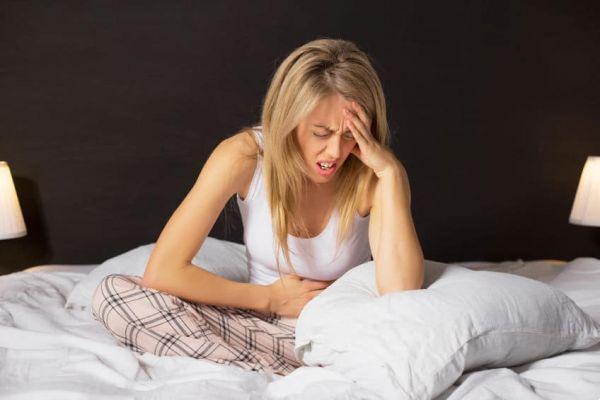
What can I do to alleviate these symptoms?
It sounds a bit cliché, but there's no escaping it: the transformation is in the food. The crazy desire to eat that chocolate bar must be rethought. Eating sweets is not recommended because of their ability to increase the risks of constipation. The ideal is to consume larger portions of fruits, vegetables, legumes, grains and fiber in general to help the bowel work. Drinking two to three liters of water is essential for the elimination of toxins and the regulation of fluid absorption.
At this stage, laziness will want to show up more often, but you have to fight it, so be sure to do physical activities. When the indisposition sets in, take it easy: go for walks or walks outside without too much worry. Exercises are not just for toning the body, but also for easing the mind.
In addition to diarrhea, many women complain of nausea, very high blood flow, pain during menstruation, during sexual intercourse and also when urinating. These can be symptoms of endometriosis, often confused with the signs of PMS. The endometrium is located in the wrong region and, therefore, such disorders occur.
Unfortunately there is no cure, but there are some alternatives that moderate the not easy state of those who suffer from PMS. Therefore, be sure to consult a gynecologist in the face of any situation outside what you consider normal and regular.
Written by Juliana Alves from the Eu Sem Fronteiras Team.



